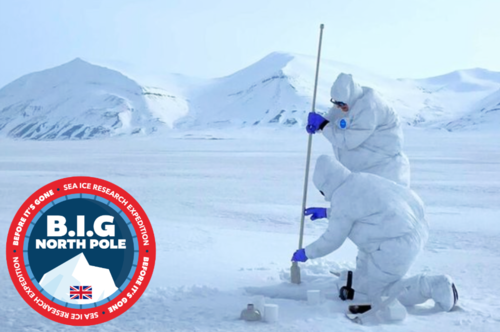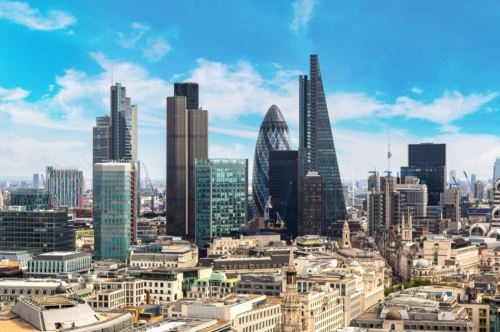The World Health Organisation announces tougher air quality guidelines
The World Health Organisation (WHO) has tightened its air quality guidelines for the first time since 2005, with the aim of saving millions of lives.
The new guidelines provide clear evidence of the damage air pollution inflicts on human health, at even lower concentrations than previously understood. WHO has adjusted almost all the air quality guidelines downwards, warning that exceeding the new levels is associated with significant risk to health.
Every year, air pollution exposure is estimated to cause 7 million premature deaths and result in the loss of millions more healthy years of life.
WHO director-general, Dr Tedros Adhanom Ghebreyesus, said, "There is nothing more essential for life than air, and yet because of air pollution, the simple act of breathing contributes to seven million deaths a year. Almost everyone around the world is exposed to unhealthy levels of air pollution; inhaling dirty air increases the risk of respiratory diseases like pneumonia, asthma, and chronic obstructive pulmonary disease, and increases the risks of severe Covid-19. It’s also a major cause of other non-communicable diseases like heart disease, stroke and cancers.
WHO’s new Air Quality Guidelines are an evidence-based and practical tool for improving the quality of the air on which all life depends. I urge all countries and all those fighting to protect our environment to put them to use to reduce suffering and save lives."
WHO’s new guidelines recommend air quality levels for six pollutants, including particulate matter (PM), ozone (O3), nitrogen dioxide (NO2), sulphur dioxide (SO2), and carbon monoxide (CO).
The guidelines also highlight good practices for the management of certain types of particulate matter, such as black carbon, ultrafine particles and particles from sand and dust storms, for which there is currently insufficient quantitative evidence to set air quality guideline levels.
Latest Articles
Evotech sponsors BIG North Pole Sea Ice Research Expedition
Read More >Evotech expands its footprint with new London hub
Read More >Government launches Occupational Health Taskforce
Read More >200 schools in London to have air filters installed in classrooms
Read More >



